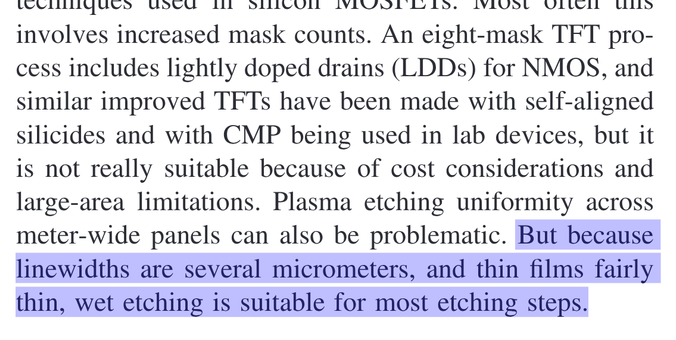2026-01-29 18:35:44
Social media app UpScrolled hits #1 on Apple's US app store following allegations that TikTok suppresses anti-ICE videos; its founder says it crossed 1M users (Conor Murray/Forbes)
https://www.forbes.com/si…
2025-11-30 07:30:53
2025-11-29 19:18:54
One of my favorite mastodon features is the time-based muting. Someone's posting through (suffering, lol) a football game, and I have less than zero interest in sportsball? But I generally enjoy following them? Mute them for 1 hour (or 6 hours), and my screen is no longer littered with crap about touchzonegoalruns.
Or maybe you don't want to see my stupid replies to a dumb horror movie from 40 years ago? Mute me for an hour or two, and voila!
2026-01-28 19:05:31
Tom Brady on Bill Belichick's reported Hall of Fame snub: 'I don't understand it' https://www.nfl.com/news/tom-brady-on-bill-belichick-s-reported-hall-of-fame-snub-i-don-t-understand-it
2025-12-30 12:01:53
Caught a bug over the holidays so I’m mostly resting, feeling sorry for myself, and taking the time to at least carry out some mindless housekeeping tasks (updating dependencies, etc.) on some of my Node modules.
Released updates to the following packages yesterday:
Tape-based Node.js testing:
• Tap monkey (https://
2025-11-29 14:33:53
🇺🇦 #NowPlaying on KEXP's #90TEEN
Joyce Manor:
🎵 Falling in Love Again
#JoyceManor
https://joycemanor.bandcamp.com/track/falling-in-love-again
https://open.spotify.com/track/2M0IWOmIi079R1MaPVlOW3
2026-01-28 19:02:33
Raiders’ Minority Owner Tom Brady Responds to Bill Belichick HOF Snub https://heavy.com/sports/nfl/las-vegas-raiders/tom-brady-bill-belichick-hof-snub/
2026-01-28 23:55:51
Pro Football Hall of Fame releases statement following Bill Belichick vote report https://www.nfl.com/news/pro-football-hall-of-fame-releases-statement-following-bill-belichick-vote-report
2025-11-29 14:50:59
A look at Mexico City's Nuevo Polanco neighborhood, where Huawei, TikTok, and other Chinese firms have opened offices, fueling a growing Chinese tech community (Daniela Dib/Rest of World)
https://restofworld.org/2025/chinese-tech-companies-mexico-city/
2026-01-30 00:49:43
Seahawks GM: Darnold 'hasn't flinched' over injury... https://www.espn.com/nfl/story/_/id/47771611/seahawks-darnold-flinched-playing-injury



